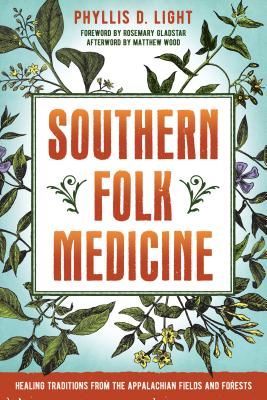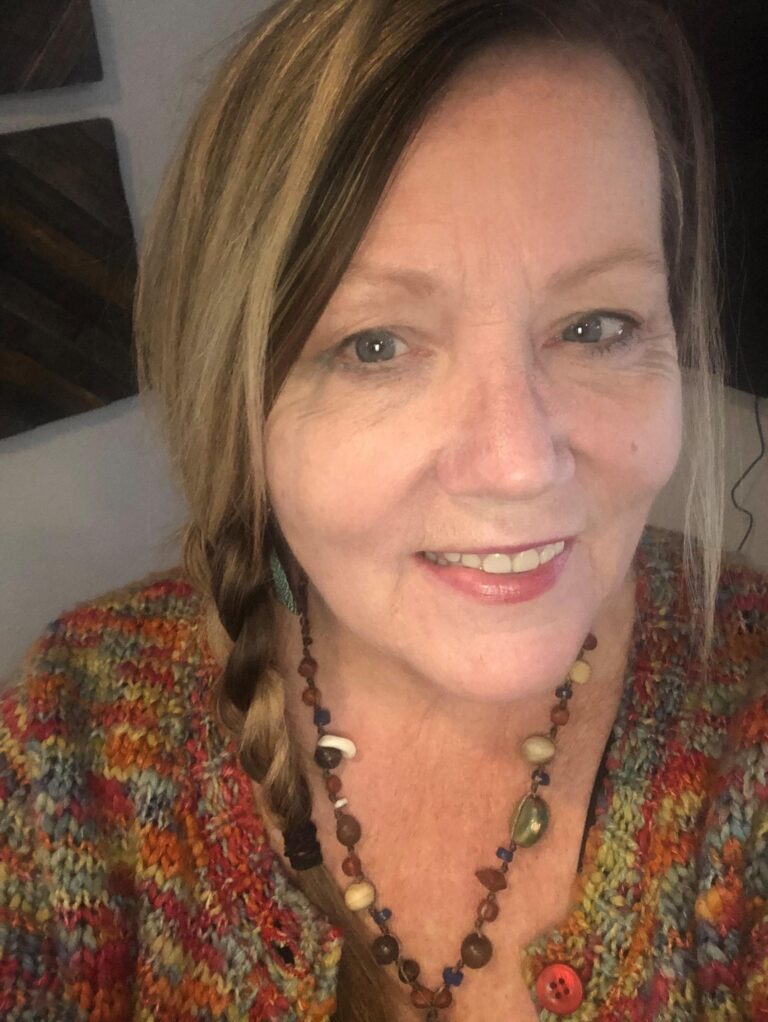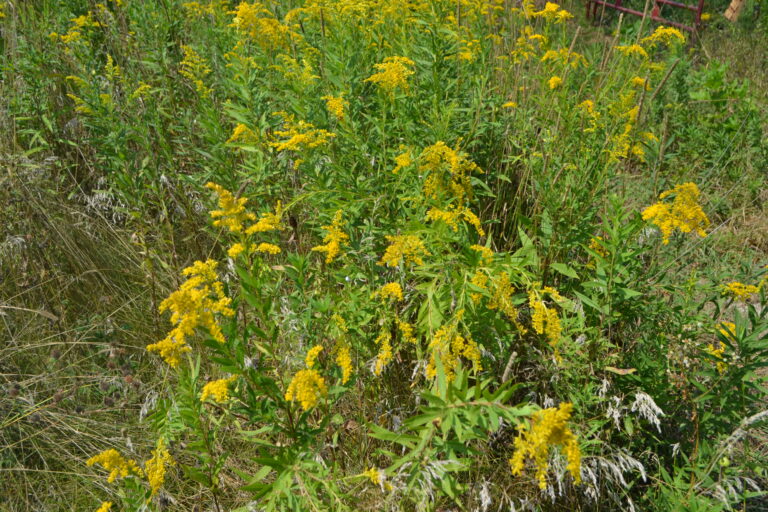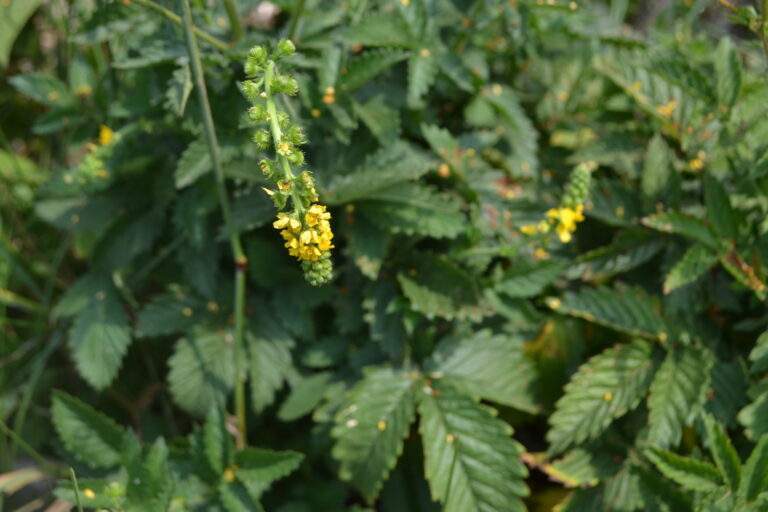History Lessons: Southern Folk Medicine
I adore stories, especially historical stories. I was raised by a father who equally adored history and would often quote to me, “if you don’t know history you are bound to repeat it.” This has in many ways been a guiding light for my life. In Southern Folk Medicine, by Phyllis D. Light she shares how the history of her southern homeland was created through a unique mix of cultures and healing traditions.
I have read many herb books over the years but I feel that Light’s book stands out among all those books. Not only does the book record a relatively unbroken herbal tradition, but there is a unique mix of cultures that went into creating and sustaining this tradition. At the very least it is a fun read for any history buff or herb student.

There is a fascinating history of healing in the south. In addition to addressing what is Folk Medicine? What is Southern Folk Medicine? and describing the tenets of these I found her history of the peoples of the south completely eye opening.
Full disclosure, I am northern born and bred. I have traveled in the south for 2 weeks on a vacation through Tennessee and Georgia touring antebellum mansions and civil war battle sites but I don’t really have an personal history to relate my understanding of southern culture to. And the trip I reference was nearly 30 years ago.
Light begins her history “Many Peoples, Many traditions” with De Soto and his legacy. She goes on to discuss Native American influence and African American influence. While the focus of the whole book is on folk healing traditions, these sections keep much of their discussion of these cultural groups to their healing traditions as well.
In the section on “This Irish and British Isles” I was shocked to hear something I had never heard before. That the colonial plantation system actually began in Britain with the forced displacement of the Irish. Light writes,
The New World also helped provide a solution for the British to the Irish problem. The Irish were removed from the British Isles in even greater number than British landless and convicts. Beginning in 1490, and continuing in four waves through 1603, England undertook an ethnic cleansing of the Irish, especially of Irish Catholics, in order to vacate lands for Protestant landowners and English and Scottish tenant farmers. The Irish were forced off the land, often emigrating to France or Spain and the British Caribbean islands. Ultimately, English landowners had trouble finding English or Scottish tenants to work land and eventually returned to Irish tenants. This was known as the Plantation period, and it was this Plantation model that the English later brought to the Southern United States to grow cotton and tobacco.
Wow! Talk about repeated history!
Initially, hundreds of Irish either voluntarily left Ireland or were banished. Whole clans left to avoid death or servitude. Irish families followed their chieftains into exile, bringing with them their healers, to settle in the New World or Europe. It is this fact, that the Irish who left voluntarily brought their healers, that is unique in its influence on Southern and Caribbean Folk Medicine. The exodus of healers and seers from Ireland left the remaining Irish people with reduced medical care and reduced traditional Irish folk medicine.
In This Golden Fleece, author Esther Rutter says openly that it was more profitable to have sheep on the land then people, and so the people who had lived for generations were removed for the profit of wealthy landowners.

In the U.S. we tend to think that our social problems are unique to us, but now I see that the problems of land grabs, genocide, racial disparities, etc. have been continuing for millennia. I think in order to truly move on it helps to have discussions about how that history has effected all of us. In seeking to understand our shared history we can truly move forward.





